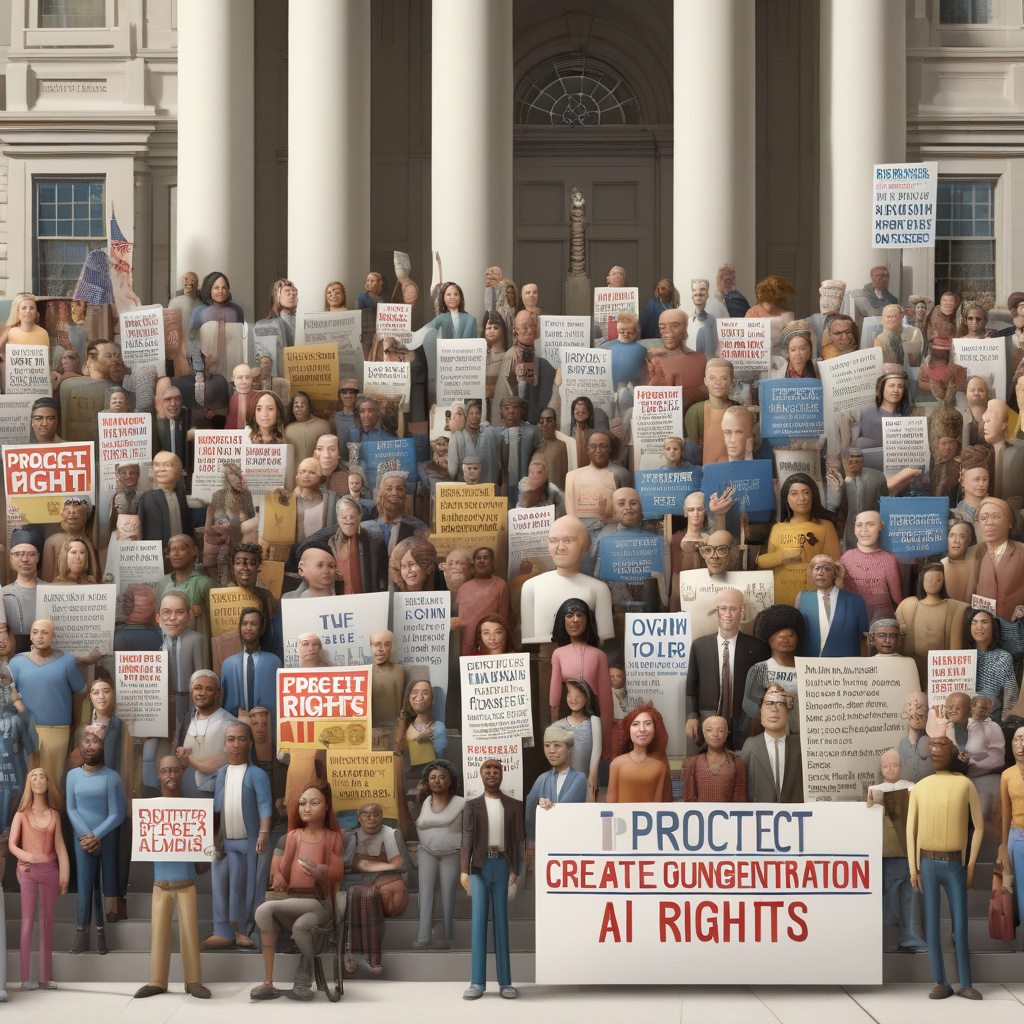Consumer Rights Group: Why a 10-Year Ban on AI Regulation Will Harm Americans
In a bold move that could have far-reaching consequences, House Republicans are pushing for a 10-year ban on state and local regulations concerning artificial intelligence (AI). This controversial proposal has sparked significant backlash from over 140 civil rights and consumer protection organizations who argue that such a moratorium could leave Americans vulnerable to the risks associated with AI technologies.
At the heart of this debate is the question of whether AI should be subject to regulation. While AI has the potential to bring about significant benefits, it also carries inherent risks, such as fraud, abuse, and unintentional harm. Without proper oversight, these dangers could manifest in various ways, from impacting employment opportunities to compromising the accuracy of critical systems like medical diagnoses and criminal sentencing.
The Center for Democracy & Technology, along with other advocacy groups, emphasizes the importance of establishing clear regulations to ensure that AI developers and users operate within ethical boundaries. By creating a framework that includes transparency and accountability measures, policymakers can mitigate the negative impacts of AI while fostering innovation and trust among the public.
Proponents of the 10-year ban argue that a uniform federal approach is necessary to prevent a fragmented regulatory landscape that could stifle technological advancement. However, critics point out that such a blanket moratorium fails to address the nuanced needs of different communities and risks prioritizing corporate interests over consumer protection.
One of the key concerns raised by opponents of the ban is the potential nullification of existing state laws designed to safeguard individuals from AI-related harms. States like Arkansas, Kentucky, and Montana have already implemented statutes governing AI procurement and usage in the public sector, as well as consumer protection laws in states like Colorado, Illinois, and Utah. The federal ban could undermine these critical protections and leave Americans exposed to unchecked AI applications.
The comparison drawn between the proposed AI moratorium and the Internet Tax Freedom Act highlights a fundamental difference in their nature and implications. While the internet thrived under a unified regulatory approach in its early days, AI technologies are diverse and tailored to specific needs, making a one-size-fits-all regulation unsuitable. Moreover, removing consumer protections is not analogous to incentivizing commerce through tax exemptions, as the former exposes individuals to significant risks and harms.
In conclusion, the debate over AI regulation is complex and multifaceted, with implications that extend far beyond the realm of technology. Finding the right balance between national standards and local needs is crucial to ensuring the responsible development and deployment of AI technologies. As the discussion continues, it is essential for policymakers to prioritize consumer rights and societal well-being in shaping the future of AI regulation in the United States.

